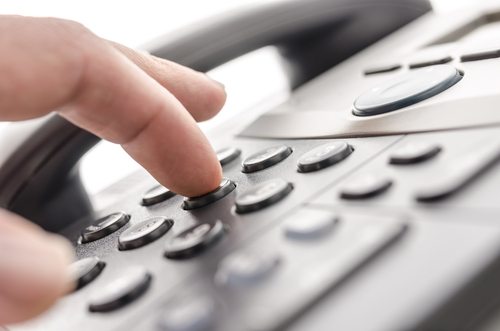
April 8, 2014; Florida Times-Union
Last year, the Tampa Bay Times published an article listing the 50 worst nonprofit organizations in America (see NPQ’s coverage). The list is based upon how much of what the nonprofit raised in charitable contributions was actually spent on the mission rather than the salaries of telemarketers who raised the money. Of that list, 11 were in the state of Florida. Not surprisingly, legislation is now being considered in Florida to regulate the industry. What may be a surprise is that the Nonprofit Center of Northeast Florida has taken a leading role in lobbying for the legislation.
The legislation was proposed by Department of Agriculture and Consumer Services Commissioner Adam Putnam and sponsored by Sen. Jeff Brandes and Rep. Jim Boyd (both Republican). Key elements of the legislation, as cited by the Florida Times-Union, are that it:
- Requires charities to adopt financial conflict of interest policies to be certified annually
- Requires supplemental financial disclosures and quarterly statements for certain charities
- Creates a new, annual license for officers, directors, trustees and owners of a professional solicitor and any employee of the solicitor conducting telephone solicitations and it authorizes an initial and renewal license fee of $100
- Requires professional solicitation businesses to include additional application information, including telephone numbers the solicitor will use and a copy of any script, presentation, or sales literature
- Requires professional solicitors to include additional information in the notice required before beginning a solicitation campaign, such as a statement of the minimum percentage of gross receipts from contributions that will be remitted to the charity, if any
- Prohibits a professional solicitor from failing to remit to a charity the disclosed guaranteed minimum percentage of gross receipts from the solicitation campaign
- Increases the fine for violations from $1,000 to $5,000 and authorizes a fine up to $10,000 for a violation that involves fraud or deception.
Although nonprofits using telemarketing to raise charitable contributions have been regulated for some time, it is mostly at the state level. Most states at this point require nonprofits and their fundraisers to register, describing their fundraising activities and providing some financial reports. Information and links about what each state requires can be found at the Multi-State Filer Project.
Sign up for our free newsletters
Subscribe to NPQ's newsletters to have our top stories delivered directly to your inbox.
By signing up, you agree to our privacy policy and terms of use, and to receive messages from NPQ and our partners.
However, states cannot regulate the percentage of moneys raised that must go towards programs that fulfill the organization’s mission. This has led to some for-profit telemarketing firms charging as much as 90 cents out of every dollar raised.
The Nonprofit Center of Northeast Florida has been lobbying on behalf of this legislation because they believe that even though only a few fundraisers are unscrupulous, that’s sufficient for trust in the sector to be eroded. The result could be that all nonprofits see donations decrease. Interestingly, this is not listed on their website.
On the other side of the coin, fundraisers—and at least one law firm working on behalf of fundraisers—have been lobbying against the legislation. Heather Corey, spokeswoman for the Florida affiliate of the Association of Fundraising Professionals, is quoted as saying, “Who is going to police this? Verify this? Track it? Implement it? This additional layer of ‘administrative support’ falls onto nonprofits, of which, the vast…majority of us are legit and law-abiding agencies. Before we demonize administrative cost, we need to ensure that we are not cutting off our noses to spite our faces.” The law firm believes that there are serious First Amendment issues with the legislation, as well as conflict of law issues that need to be considered before the legislation is passed.
Currently, the legislation has passed at several committees and is now being considered by the Senate Appropriations Committee. Rep. Boyd has been quoted as saying that he acknowledges it might require additional staffing for Putnam’s office, but that since so many Floridians have been affected by fraudulent solicitations, it is well worth the cost.—Rob Meiksins
Correction: The name of the Department of Agriculture and Consumer Services Commissioner is Adam Putnam, not David.










